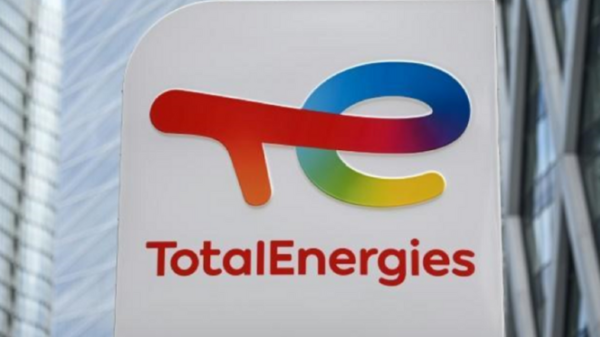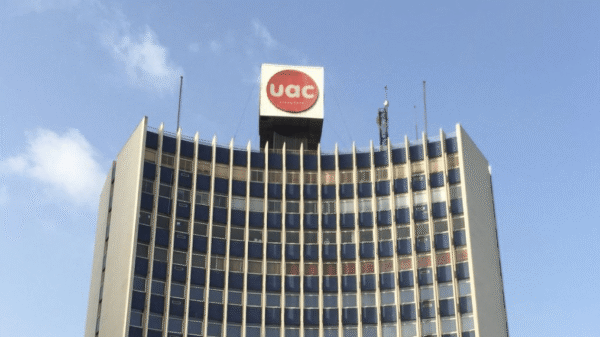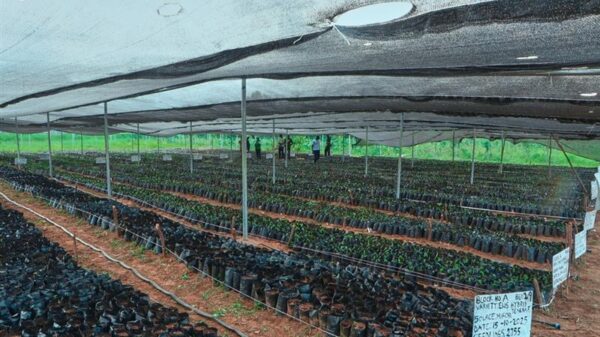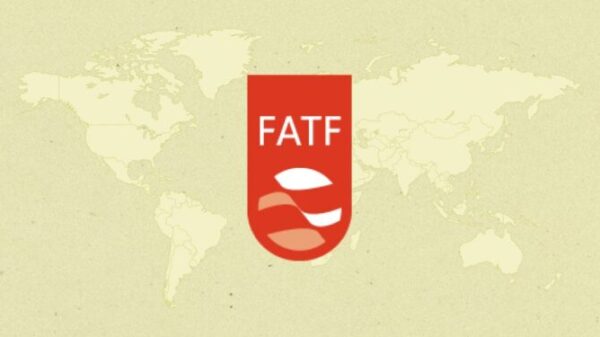The Tertiary Education Trust Fund (TETFund) has announced plans to introduce electric-powered campus shuttle services across 12 Nigerian tertiary institutions by November 2025, marking a significant step toward cleaner, more efficient mobility in the nation’s education sector.
The initiative, according to TETFund Executive Secretary Sonny Echono, is part of the government’s broader agenda to modernize public universities and improve students’ welfare through sustainable and technology-driven solutions. Echono disclosed the plan on Wednesday in Abuja during a meeting with the National Association of Nigerian Students (NANS) delegation, led by its National Secretary, Comrade Shedrack Anzaku.
Boosting Student Mobility and Safety
Echono explained that the electric shuttle scheme was designed to address the mobility challenges students face within and around campus environments, particularly for those living off-campus. The project aims to reduce travel stress, minimize transportation costs, and enhance campus safety.
“Students currently face many risks and spend so much time moving around campuses, especially those who live off-campus. From next month, we will be launching electric student shuttle services in selected institutions,” Echono said.
He added that the vehicles will be operated and managed by students to ensure transparency, accountability, and long-term sustainability. Charging stations will be installed within each participating campus, while ride fares will remain minimal to ensure affordability for all students.
Aligned with President Tinubu’s Student Welfare Agenda
According to TETFund, the project directly aligns with President Bola Tinubu’s directive to enhance student welfare and create inclusive learning environments across Nigeria’s higher education system. The electric shuttle service is one of several welfare-based initiatives introduced under this mandate.
Echono further noted that the program reflects a growing commitment to clean energy adoption and environmental sustainability within the education sector, consistent with Nigeria’s national energy transition goals.
Broader Development Initiatives Underway
Beyond the electric shuttle project, TETFund is also intensifying its investments in student housing, digital learning infrastructure, and campus energy systems. Echono revealed that new student hostels are under construction across 72 institutions nationwide, with completed facilities scheduled for commissioning starting December 2025.
He added that TETFund is scaling up support for research laboratories, e-learning platforms, and renewable energy projects to make Nigeria’s higher institutions globally competitive.
“These interventions are not isolated efforts. They form part of a broader drive to modernize our tertiary institutions, improve power reliability, and create learning environments that meet 21st-century standards,” Echono said.
The Executive Secretary also linked the ongoing projects to the National Student Loan Scheme, now managed by the Nigeria Education Loan Fund (NELFund), emphasizing that the government’s education reform efforts are focused on inclusion, affordability, and quality access.
NANS Commends TETFund’s Impact
In response, Comrade Anzaku of NANS applauded TETFund for its consistent interventions, stating that many of the facilities and structures that define Nigerian campuses today owe their existence to the Fund’s projects.
He described the electric shuttle plan as a “transformative step” that would not only ease student movement but also help campuses transition toward sustainable mobility solutions.
Transition to Clean Energy Transportation
The TETFund initiative comes amid Nigeria’s broader shift toward cleaner energy alternatives, following the government’s removal of fuel subsidies in 2023. This policy change has prompted public agencies and transport operators to explore electric and compressed natural gas (CNG)-powered mobility solutions.
Automotive expert Richard Akpodiete told Nairametrics that Nigeria’s transition would benefit from adopting hybrid vehicles in the short term, noting that countries such as Germany achieved smoother transitions by developing hybrid infrastructure and aligning incentives with energy regulations.
He explained that hybrid options offer a practical bridge for Nigeria, allowing drivers to switch between fuel and electricity until nationwide charging infrastructure becomes stable.
Record Funding for Tertiary Institutions
In August 2025, TETFund received a record N1.6 trillion allocation, the highest in its history, for interventions across Nigerian tertiary institutions. Out of this, N70 billion was earmarked for renewable energy initiatives—including solar and gas-powered systems—while N25 billion was designated for campus security upgrades such as smart street lighting and surveillance systems.
With the introduction of electric campus shuttles, TETFund aims to combine infrastructure renewal with innovation, setting a new benchmark for sustainable transport and student welfare in Nigeria’s education system.












































